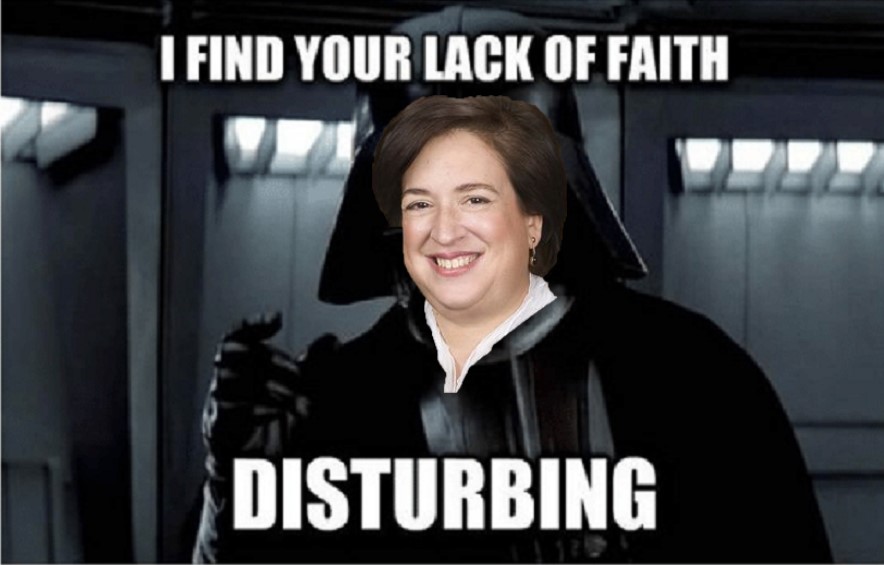In “a prosecution under 18 U.S.C. § 922(g) [], the Government must prove both that the defendant knew he possessed a firearm and that he knew he belonged to the relevant category of persons barred from possessing a firearm.” Rehaif v. United States, 139 S. Ct. 2191, 2200 (2019).
The most common § 922(g) offense is gun possession by someone “who has been convicted in any court of a crime punishable by imprisonment for a term exceeding one year.” § 922(g)(1). Rehaif requires such a person to have known — when he possessed the gun — that he had previously been convicted of such a crime.
In United States v. Balde, 943 F.3d 73 (2d Cir. 2019), the Second Circuit held someone wishing to challenge his pre-Rehaif guilty plea must show a “reasonable probability that . . . [he] would not have entered the plea” if he …



